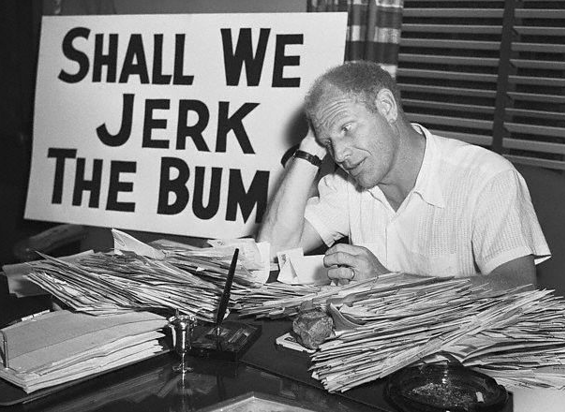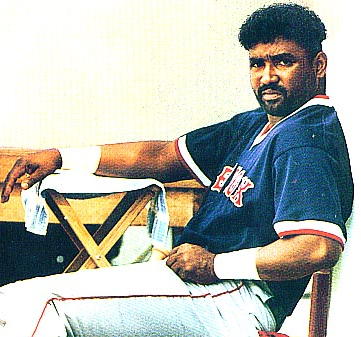With all the Ivy League lawyers, MBAs and statistical gurus rattling around the halls of Major League Baseball front offices, it’s difficult to believe teams don’t already have their own proprietary risk-management systems in place, but Sapient Global Markets aims to fill that niche in all sports, providing stress tests or something like them for franchise’s macro and micro decisions.
From Nick Cafardo at the Boston Globe:
Dave Donovan figures what’s good for banking and the financial industry is good for baseball and sports in general. So the managing general partner of Sapient Global Markets in Boston is bringing risk management to major sports.
Donovan, a Marblehead native and Natick resident, is talking to teams about building financial risk management models to help make better financial decisions and protect their assets — essentially their players.
“Because there’s such an emphasis by teams on acquiring the right players, especially now where you have financial constraints with luxury taxes, etc., we’re looking at it the same way as we do with banks,” Donovan said. “Banks want to make as much money as they possibly can. Their constraint is regulation. They have stress tests they have to do for the government after banks almost took down the world because they weren’t financially compliant. We’ve been working with these banks to measure their risks and you can apply the same concepts in sports.“Banks have portfolios of securities and they need to have those securities managed in a way that they can understand their risks at all points, 24/7. They measure it against a number of outstanding events that could happen that could potentially affect that portfolio, whether it be oil rising to $100 a barrel or unemployment going up to 10 percent or a nuclear war and a number of other things. We model against that. In baseball, you can do a similar exercise and get a good read on your portfolio.
“Your roster is no different than a portfolio of securities. Those are your assets. That’s what you’ve put your investment in, so it only makes sense that you should monitor your assets.”
Sapient Global Markets can build models for any situation, including individual players, by using formulas and calculations based on the data that is important to each team.•



